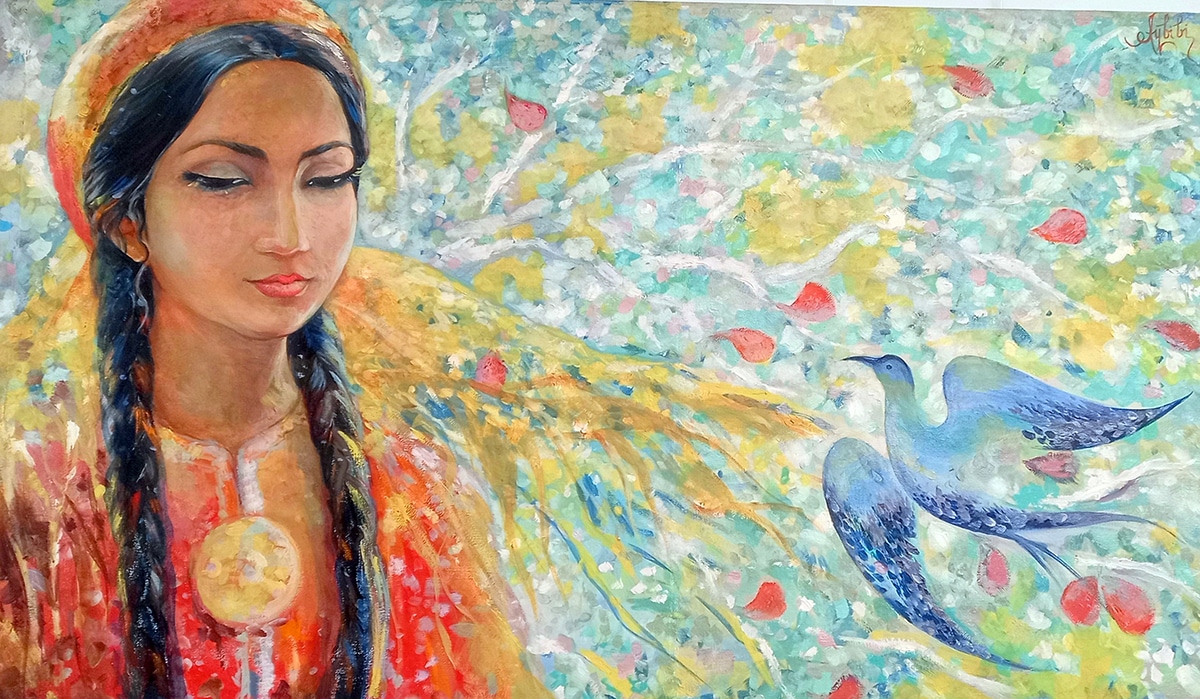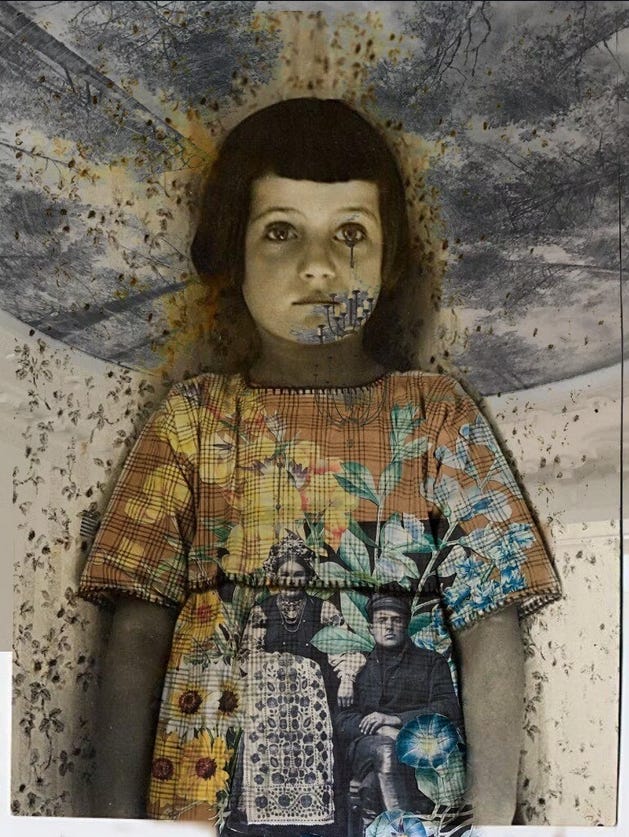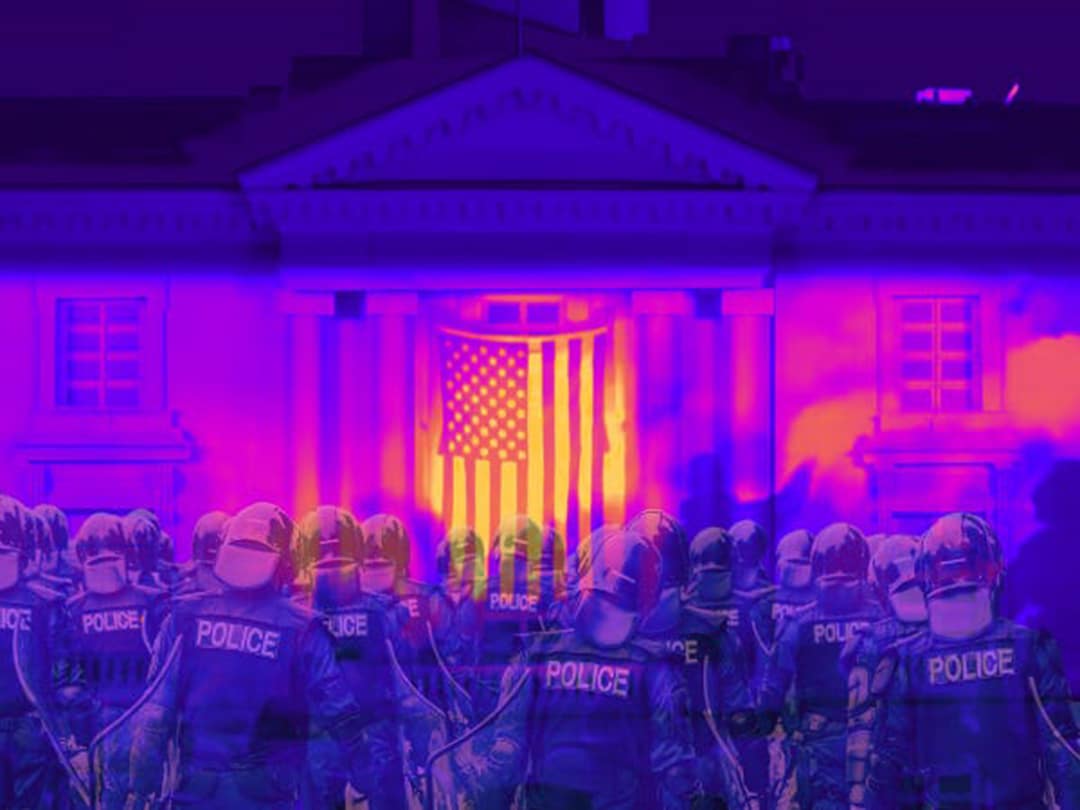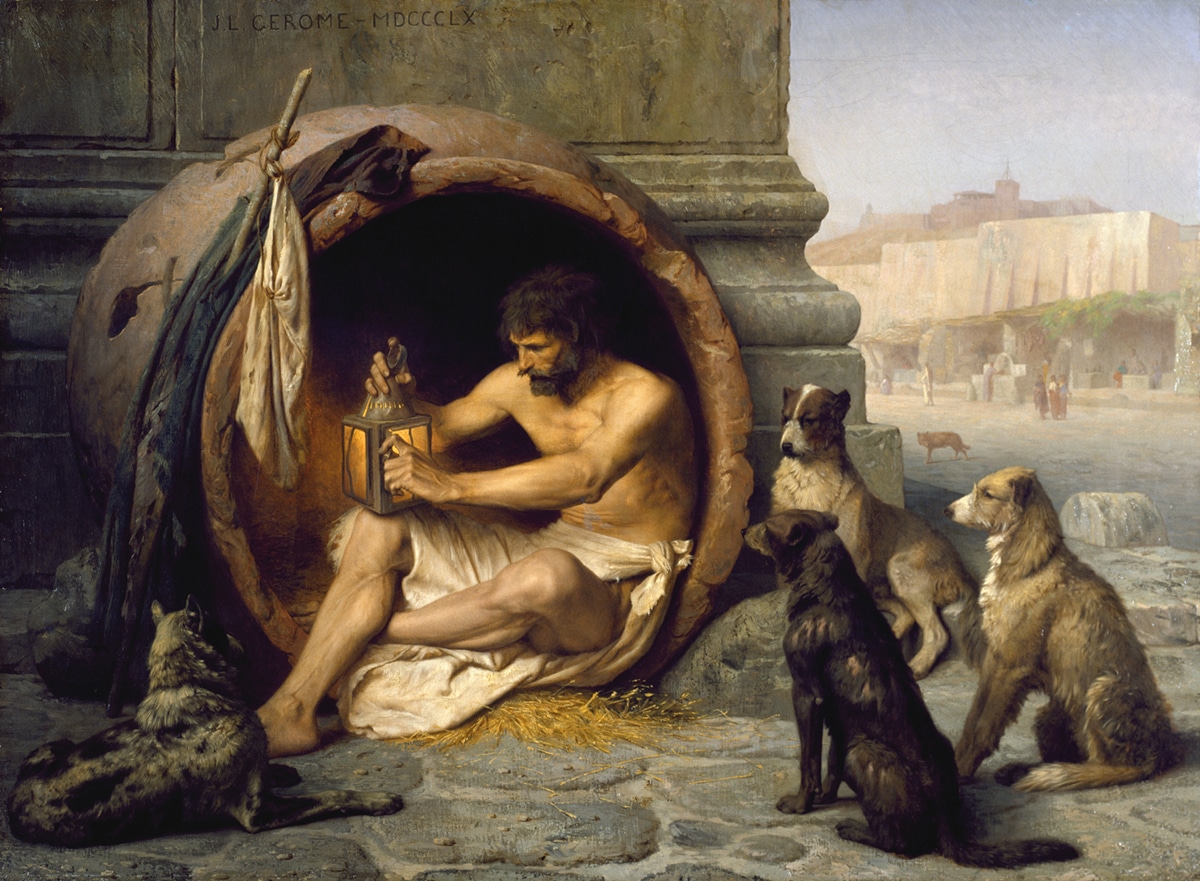

They’re Just not Jaded
by | Jan 26, 2023
“They’re just not jaded.” That’s how someone described the people he encountered during his recent visit to a hospital in Costa Rica. The doctors and nurses were so warm, friendly, and genuine; they even gave him their personal cell phone numbers. “Call us if you need anything.”
Stella was treating this man in an ecovillage in Costa Rica where we are spending a few weeks. During the treatment, another man came door to door selling strawberries. When he saw the obviously sick man, he asked with evident concern about his health, and sincerely expressed his condolences and well wishes. He really cared. There was no artifice in his manner.
It is tempting to attribute this kind genuineness to the national character, something peculiar to Costa Rica’s land, traditions, politics, or origins. However that may be, I would like to offer another kind of explanation that may shed some light on what we (in modern societies) have lost, and how we might reclaim it. Because the stereotype of simple country folk as honest, kind, and naive, is not exclusive to Costa Rica.
The explanation is, in a broad sense, economic. The story of economic growth over the last centuries is the story of a conversion on non-monetized forms of wealth—I call them natural, social, cultural, and spiritual capital—into monetized goods and services. At risk of the reader imagining I intend to launch an anti-money diatribe, I will briefly describe the conversion of each.
Natural capital refers to the wealth of the land, the soil, the water, and the living world. Its conversion transforms forests into board-feet of lumber, ecosystems into strip mines, earth into commodities, oceans into seafood production facilities, and ultimately, all of these into money.
Social capital refers to the practices and skills by which human beings care for one another. Its conversion transforms these into paid services: cooking, child care, entertainment, healing, communication, play, and many other functions are now things we purchase. A few generations ago, all were part of a social commons, carried out in informal systems of mutual aid, gift, and reciprocity within families or communities. Some call the process of their loss “deskilling.”
Cultural capital comprises music, literature, art, ideas, and everything else that has become intellectual property. Just as the original land commons was progressively enclosed into private holdings, so also is the cultural commons enclosed into separate fiefdoms separated by paywalls. Meanwhile, it has migrated from common currency into the hands of professionals and experts.
Spiritual capital refers to important human virtues and capacities like attention, humor, imagination, creativity, kindness, generosity, common sense, initiative, self-confidence, and trust. Their monetization is sometimes direct, as when the manufactured images of television and movies supplant the self-created images we call imagination, or when the fake adventures of video games supplant the self-discovery of challenging real limits. More usually though, it is indirect. Passive, depressed, alienated, lonely people are pliant consumers.

Art credit: Sage Canellis
The conversion of natural, social, cultural, and spiritual capital into money is driven by economic forces so deep that they are rooted in the nature of money itself; money, that is, in its current incarnation as interest-bearing debt. Its design compels it ever to grow, and thus, the non=monetized commons ever to shrink.
Economists and politicians celebrate this process and call it economic growth. But in a deeper sense of the word, really it should be called economic conversion.
Any part of the world that still has ample natural, social, cultural, or spiritual capital available is a ripe target for colonialism and imperialism. It is called an “undeveloped market.” There is a lot of money to be made by replacing home cooking with takeout food, children playing outside in the village with day care centers, universal home construction skills with the housing industry, mutual aid in misfortune with insurance, wise advice from elders with life coaching, and people singing together with music streaming services.
There is also a lot of money to be made where people are still trusting and genuine, where they have not learned the wiles and wariness of the modern consumer. Over time, subjected to marketing, packaging, advertising, and ripoffs, they become jaded. No longer held in the bosom of communities of mutual aid, they become individualists. Wherever markets and money have reached most deeply, we find the stingiest, least trusting, most cynical, and loneliest people. They may have material wealth, of a kind, but true wealth has been stripmined from them. The compensatory baubles of financial wealth can never truly substitute for the lost social and spiritual capital.
While of course there may be other explanations, wherever cynicism and distrust are rampant, it is likely that this form of social-spiritual capital has been stripped, directly or indirectly, for profit.
What was stripped away can be reclaimed. How do we rebuild relations of trust, trust in each other and trust in human nature? One way is to reverse the process of monetization that destroyed those relations in the first place. How? By restoring gift culture; that is, non-monetized ways of connecting gifts and needs.
One family here in this community has been very generous by letting us borrow their car. This builds social capital. Not only do we trust this family, but we feel the desire to do something helpful for them as well. And not only for them: our trust for the community as a whole grows too, and our desire to contribute to it.
The more pervasive these mutual histories of gift, the stronger the community will be. When everyone experiences or witnesses generosity on a daily basis, they assume it as human nature. That is one way how, collectively, we can reclaim the social-spiritual capital called trust.
Probably, in part, it was experiences of kindness and generosity here that moved Stella not to charge money for her healing session either. Generosity is contagious. When I enter its field, I breathe a sigh of relief. I can let my guard down. The guard is the habits of wariness and self-protection. Wouldn’t it be nice to relax the vigilance against being ripped off? To stop worrying about whether someone is taking advantage of you? To halt the program of always trying to get the best deal? Wouldn’t it be nice to be at home, at home in society? I cannot say I have ever experienced that in fullness, in the community where I”m staying now or anywhere, but I have tasted it. It exists. It is possible.
If our friends had rented us their car to go shopping, if Stella had charged for her healing session, then even though the same “services” would have met the same “needs,” the community would be a little poorer as a whole. Each party would have the lingering suspicion, “They’re just doing it for the money. That’s what they care about.” That is the very quintessence of jadedness.
I do not underestimate the practical obstacles to rebuilding gift culture and restoring the weave of community. Powerful economic forces stand in the way. Yet those forces ally with our own inherited perceptions and habits. Some of these are ready to change, and they will change as we hold valuable the qualitative, relational dimensions to life that fade against the garish hues of the money world. The story I have shared is not meant as a moral exhortation, that anyone should or shouldn’t charge money, for instance. I trust instead that as we see the value of what has been lost, and understand how it was lost, and how it may be restored, then we will point our choices in new directions.




0 Comments